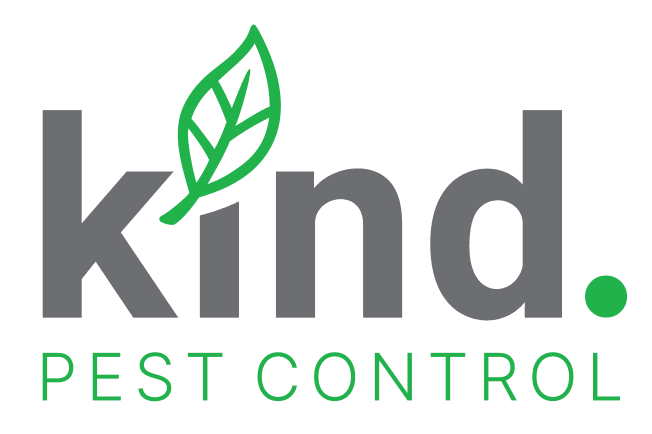Wasps
North Carolina is not only known for its stunning landscapes and diverse wildlife but also for its buzzing inhabitants—wasps. These fascinating insects play a significant ecological role while occasionally causing concern for homeowners. In this quick blog, we’ll delve into the world of wasps in North Carolina, exploring their diversity, behavior, and how to manage encounters effectively.
Diversity of Wasps in North Carolina:
North Carolina is home to a rich variety of wasp species, showcasing the state’s diverse ecosystems. From the solitary digger wasps and mud daubers to social paper wasps and yellow jackets, there is an impressive array of wasp species in the region. These wasps differ in size, appearance, nesting habits, and behavior, adding to the intricate tapestry of North Carolina’s natural heritage.
Beneficial Roles of Wasps:
Although wasps may sometimes evoke fear, it’s important to recognize their ecological contributions. Many wasp species act as natural pest controllers, preying on insects that can harm crops and gardens. They help maintain the balance of local ecosystems by reducing populations of flies, caterpillars, aphids, and other pests. By appreciating their beneficial roles, we can foster a better understanding of these remarkable creatures.
Nesting Habits and Locations:
Wasps in North Carolina exhibit diverse nesting habits and preferences. Common wasp species and their nest locations include:
- Paper Wasps: These social wasps construct open, umbrella-shaped nests made of chewed wood fibers mixed with saliva. They often build their nests in sheltered areas such as eaves, tree branches, and even within structures.
- Yellow Jackets: Known for their aggressive nature, yellow jackets typically nest in the ground, often using abandoned burrows or creating their own underground nests. However, they can also build nests in wall voids, attics, and other protected locations.
- Mud Daubers: These solitary wasps construct nests using mud, creating cylindrical tubes that house their larvae. Mud daubers are beneficial as they help control populations of spiders, which they capture and paralyze to serve as food for their offspring.
Managing Wasp Encounters:
Encountering wasps can be unsettling, but by following a few guidelines, you can ensure your safety and minimize potential conflicts:
- Remain Calm: If a wasp approaches, try to stay calm and avoid sudden movements. Swatting or panicking may provoke a defensive response.
- Keep Food Sources Secure: During outdoor activities or picnics, keep food and sweet beverages covered to deter wasps from being attracted to your area.
- Seal Potential Entry Points: Regularly inspect and seal cracks, gaps, and openings in your home’s exterior to minimize the chances of wasps entering and establishing nests indoors.
- Professional Pest Control: If wasp nests are in high-traffic areas or pose risks, it is advisable to seek assistance from Kind Pest Control! We have the expertise and tools to safely remove nests while ensuring minimal impact on the environment.
Are you ready to get rid of wasps around your home?
Give us a call and experience the Kind difference today!
(919) 981-9798
We are currently providing pest control services in Raleigh, Wake Forest, Zebulon, Chapel Hill, Cary, Apex, and other surrounding areas in North Carolina!

